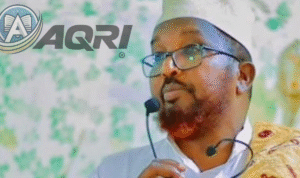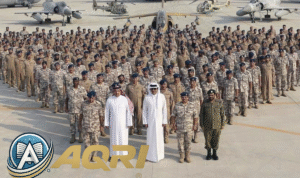As we delve into 2024, several key developments in the Middle East demand our attention and analysis. These stories not only hold significant regional weight but also have the capacity to influence global dynamics.
One of the foremost issues is the ongoing geopolitical tension in the region. Relations between Iran and its neighboring countries continue to be fragile. Sanctions and counter-sanctions have strained economic ties, and military posturing remains a constant backdrop. The international community is watching closely, particularly with Iran’s nuclear ambitions remaining a concern.
In Syria, the conflict that began over a decade ago still simmers. While large-scale battles have subsided, the humanitarian crisis persists. Millions remain displaced, and efforts to rebuild are marred by political instability and financial constraints. The role of foreign powers in Syria’s future is still uncertain, as various actors vie for influence.
In Israel and Palestine, hopes for peace remain elusive. Political upheavals in Israeli leadership and ongoing disputes over settlements continue to create friction. International efforts to mediate and foster dialogue face significant challenges, with deep-seated mistrust on both sides.
Economic challenges also dominate the region’s landscape. Oil-rich countries have had to adapt to fluctuating oil prices, pushing many to diversify their economies. Saudi Arabia’s Vision 2030 is a key example of these efforts, aiming to reduce the kingdom’s dependency on oil revenues, increase private sector growth, and improve cultural and recreational life.
Yemen’s humanitarian catastrophe extends into the new year, driven by an unrelenting civil war. The country’s population grapples with devastating food shortages and health crises. International aid organizations are under pressure to deliver vital assistance, while peace talks struggle to find common ground.
In Lebanon, economic collapse threatens social stability, with hyperinflation and political stagnation crippling citizens’ everyday lives. International support is vital, but structural reforms are necessary to restore long-term stability.
Turkey’s influence as a regional power continues to rise, with its strategic interests spanning from military operations in Syria to leveraging its position in NATO. President Recep Tayyip Erdoğan’s policies often create ripples beyond Turkey’s borders, affecting relations with both Western allies and regional partners.
The Middle East’s dynamic in 2024 is shaped by these complex and interwoven stories. As the region navigates these challenges, the world watches closely, understanding that the outcomes will resonate well beyond the Middle East itself.
Reporting from Somalia, this is AQRI.net bringing you the latest insights and developments from a region that continuously shapes the world’s geopolitical landscape.







Comment